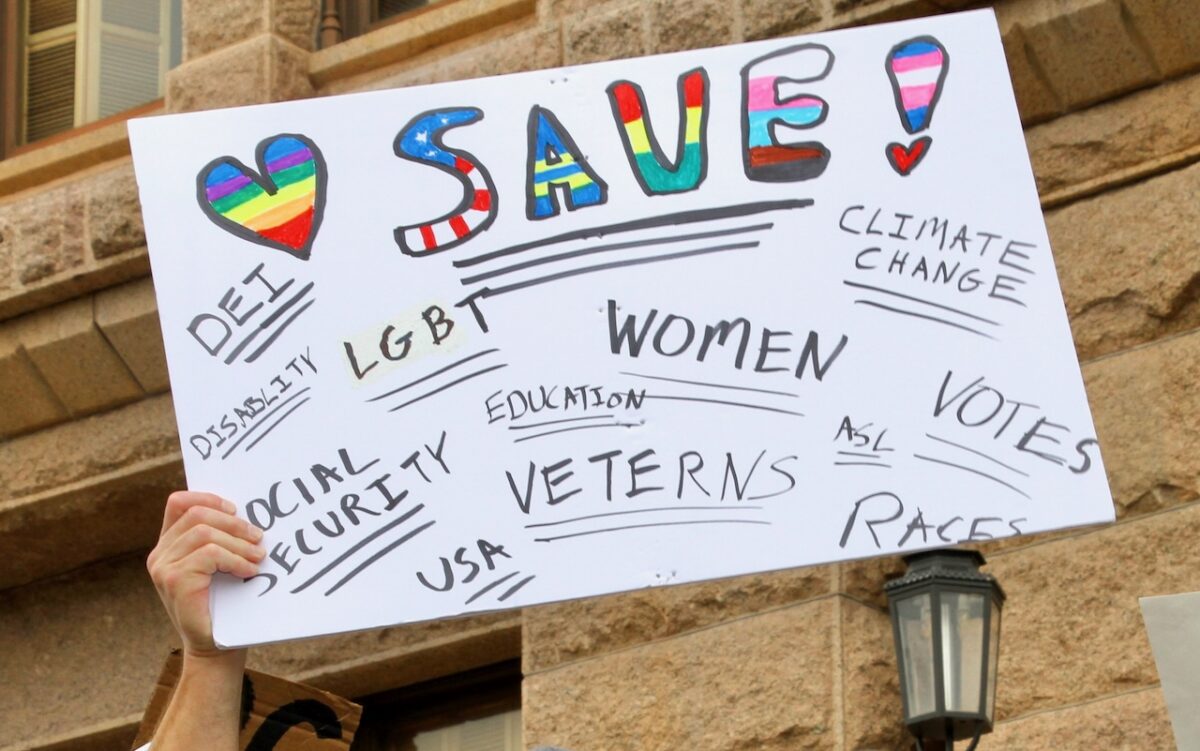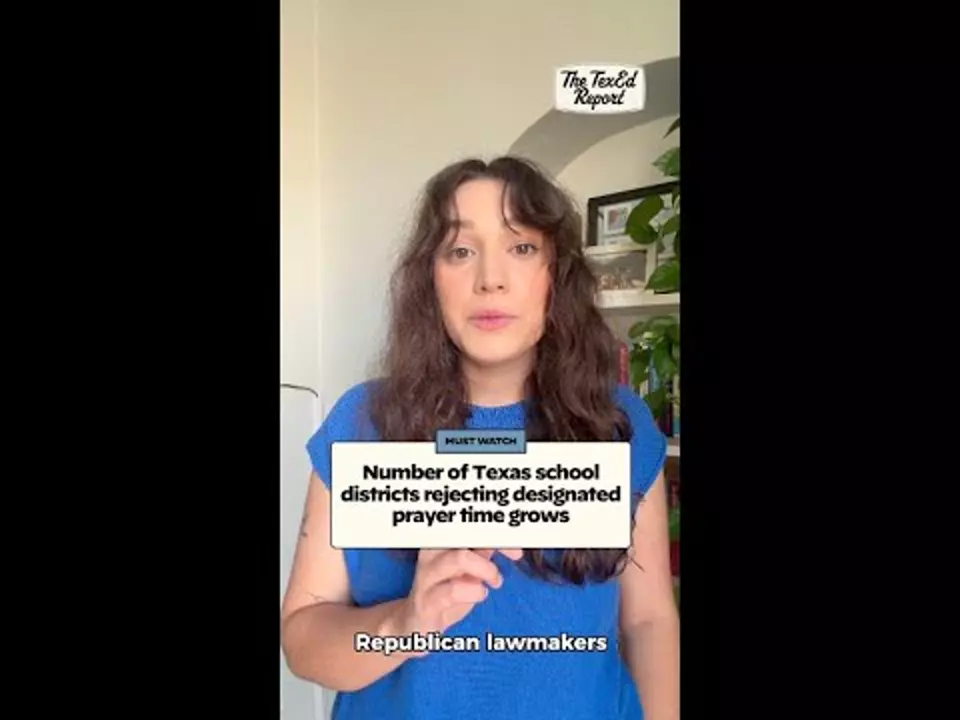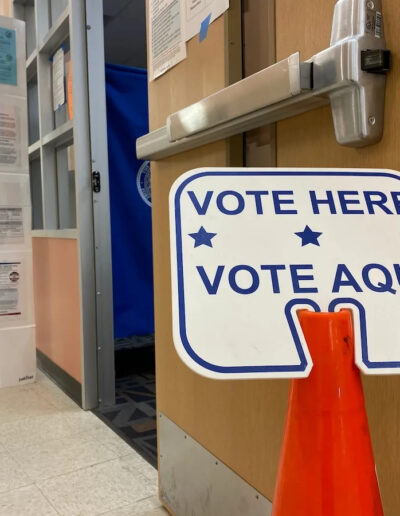
State Sen. Bryan Hughes, the Republican who authored the piece of the Texas abortion ban that provides civil and criminal penalties against doctors who perform them, said the law doesn’t need to be revised. (Photo by Gage Skidmore/Wikipedia Commons)
State Sen. Bryan Hughes defended his Texas abortion ban after it came under withering criticism during the election.
The architect of a piece of the state’s extreme abortion ban blames the deaths of women tied to the ban on the media, arguing it needs to change — not the Texas law.
State Sen. Bryan Hughes’ defense of the ban came just days after the end of an election cycle in which it was the center of harsh criticism by Beyoncé, Vice President Kamala Harris, US Rep. Colin Allred and scores of other candidates.
Hughes — the most conservative senator in Texas and one of the state’s worst — was undeterred by the spotlight.
“Pro-abortion groups and their allies in the left-wing media have been relentless in their attempts to scare doctors, pregnant mothers and the general public into believing that Texas law prevents doctors from helping patients and saving lives,” he wrote in a piece for the Houston Chronicle on Nov. 8.
Under Hughes’ law — the Texas Heartbeat Act, which took effect in 2021 — abortions are banned after a fetal heartbeat is detected. The law also includes civil and criminal penalties for medical providers who perform abortions. Another piece of the state’s ban — House Bill 3058, which took effect in 2023 — allows abortions for ectopic pregnancies and previable premature rupture of membranes.
The Texas laws have left some medical providers reluctant to intervene in miscarriages and perform abortions. Media outlets have chronicled the plight of women who have died during miscarriages while waiting to receive medical care for their troubled pregnancies. Other women have traveled out of state for abortions, while some try to navigate the narrow exceptions in the state’s abortion ban as they face dire medical consequences.
But Hughes said state law is clear on what constitutes a “medical emergency” and when women can legally receive an abortion.
“When a mother’s life or major bodily function are in jeopardy, doctors are not only allowed to act, but they are legally required to act,” Hughes wrote. “The standard of care as well as their moral and ethical duty compel them to act. And contrary to what ProPublica would have us believe, Texas law does not prevent them from aiding their patients and saving their lives.”
Yet in early November, 111 OB-GYNS from across Texas refuted that in a public letter: “We know firsthand how much these laws restrict our ability to provide our patients with quality, evidence-based care.”
In early October, a survey of healthcare professionals said the ban is putting a strain on the state’s OBGYN workforce. More than half of Texans support expanding access to abortions.
And when women seeking care for their troubled pregnancies have sought an abortion, Attorney General Ken Paxton and the Texas Supreme Court have blocked them.
Despite Hughes’ insistence after the election that the abortion laws don’t need to be revised, just months earlier he was open to the idea.
In July, Hughes told Inside Texas Politics that lawmakers “may need” to tweak the state’s abortion laws to clarify when a medically necessary abortion can be carried out.
“We may need to clarify that language just to make sure,” Hughes said. “We don’t want to give doctors or hospitals any excuse not to help those moms in those situations.”
Support Our Cause
Thank you for taking the time to read our work. Before you go, we hope you'll consider supporting our values-driven journalism, which has always strived to make clear what's really at stake for Texans and our future.
Since day one, our goal here at COURIER Texas has always been to empower people across the state with fact-based news and information. We believe that when people are armed with knowledge about what's happening in their local, state, and federal governments—including who is working on their behalf and who is actively trying to block efforts aimed at improving the daily lives of Texas families—they will be inspired to become civically engaged.






















